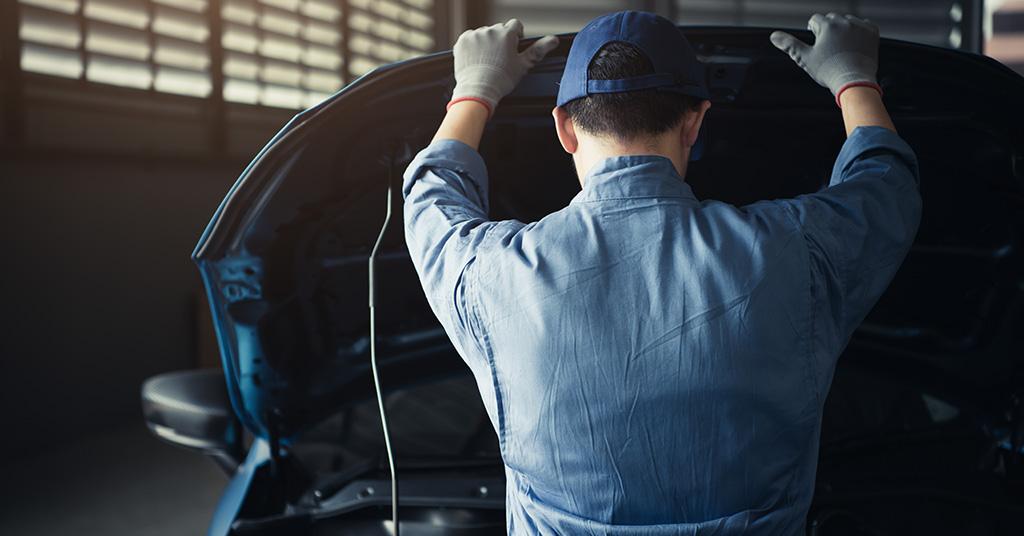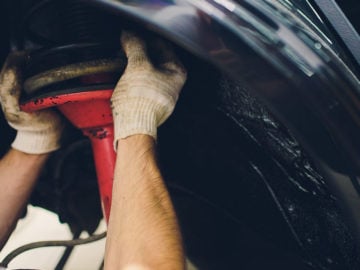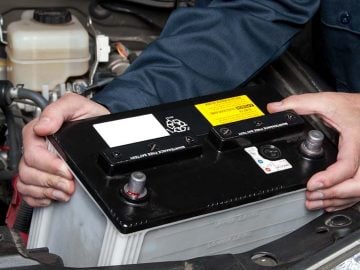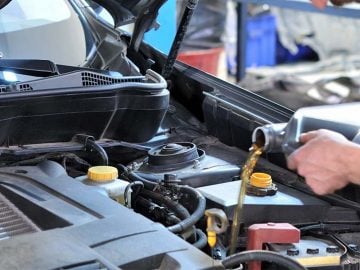
It’s worth knowing how to test and replace a Positive Crankcase Ventilation System valve (PCV) on your car – it could save an expensive visit to the auto-mechanic.
An optimally functioning PCV valve regulates the flow of residual vapours and fumes burnt during the combustion process.
The valve reroutes vapours back into the exhaust system.
What happens when the PCV valve is faulty?
When the valve is faulty, or the hoses that feed the system are clogged, your car’s performance can take a beating, engine components can corrode and oil can seep into the intake manifold.
Fortunately, the PCV valve is not expensive, nor difficult to test, clean and replace.
It should be routinely checked as part of a regular vehicle-maintenance schedule, together with the vacuum hose, clamp and hose connections.
How do you know a PCV valve needs replacing?
A faulty valve can manifest in a variety of symptoms depending on whether it’s stuck in an open or closed position.
If the engine is difficult to start, idles roughly, misfires and is consuming more oil than usual, the PCV valve is jammed in the open position.
When the engine surges and belches out black smoke or there’s an obvious oil leak or build-up of sludge inside the engine, the valve is stuck in the closed position.
What are the signs of a faulty PCV valve?
Obvious red flags associated with a malfunctioning PCV valve include:
- excessive suction on the oil cap
- a discolouration or film-like residue forming on the underside of the oil cap
- whistling noises coming from the engine
- the emission of white exhaust smoke.
If you detect any of these signs, it’s time to test the PCV valve.
How to test a PCV valve
The only way to determine whether the PCV valve is operating as it should is to test it.
The process is very simple.
Once you’ve located the valve at the top of the engine, detach the vacuum hose and remove the valve.
Either unscrew it or pull the rubber housing off the valve.
Shake the valve. If there’s a sharp, metallic clicking sound, it’s still working.
If there’s a subdued thunk, or no sound at all, the valve has seen better days.
You can try to clean the valve with thinners and a brush to see if that improves performance.
Alternatively, you can replace it, along with the hose and clamps.
If you do decide to clean the valve, we recommend you then re-test it for air flow.
That way you can determine if it was a blockage that caused the malfunction.
How to test the PCV valve for air flow
Prior to testing for air flow, re-attach the valve to the vacuum hose.
Start the engine and leave it idling for about 15 minutes.
Once the engine is warm, disconnect the valve from the valve cover and use your finger to block the end of the valve.
If you can feel the suction, and the idling drops slightly, the air flow is normal, the blockage has been cleared and the valve is operating as it should.
However, if you can’t feel the vacuum or there’s a dramatic drop in engine revs, the PCV valve is overdue for replacement.
How to replace a PCV valve
At the same time as you substitute the valve with a new part, check the hose, clamps, hose connections and valve housing.
Look for signs of wear, including hardening, bulging, perishing or corrosion, and replace the old or damaged components.
Then, depending on your make or model of car, screw the replacement PCV valve into place or snap it back into the grommet on the valve cover.
Reconnect the vacuum hose to the valve.
Start the engine to check there are no leaks in the system.
If all is functioning as it should, your car is good to go until the next maintenance service.
Where to get a PCV valve in South Africa
Now that you know how to test and replace a PCV valve on your car you may need to get a replacement PCV valve.
Masterparts stocks a comprehensive range of high-quality parts for almost all vehicle models – old and new – on our roads, including quality OEM car parts.
Call 021 657 5757 now or request a quote online – and get a PCV valve perfectly calibrated to your car.
Contact us if there’s a part you need and we’ll be happy to help.




